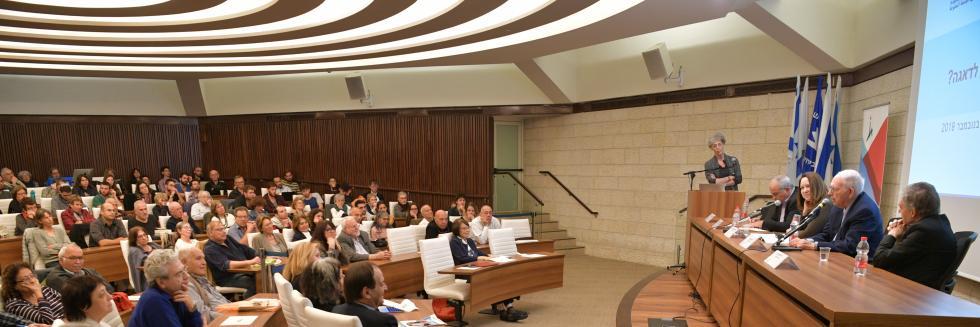Dr. Ran Shauli

Ran Shauli is currently working as a research fellow at the Harry S. Truman Institute for the Advancement of Peace, the Hebrew University of Jerusalem. He teaches courses on Southeast Asia, the Chinese Diaspora and Collective Memory at Bar Ilan University and at the Interdisciplinary Center, Herzliya. Ran also serves as a senior analyst with Wikistrat - a geostrategic analysis firm.
Ran was trained in sinology, history and political science at the Hebrew University and the University of Haifa. He studied as a Fulbright student at Cornell University, and as a DAAD grantee at the Institut für Asienkunde, Hamburg. His field research was conducted in affiliation with the Institute of Southeast Asian Studies, Singapore and the National University of Singapore.
In 2009 Ran published his doctorate on the history and the memory of mass-murders of Chinese in Malya, Singapore and the Indonesian Archipelago in the second half of the twentieth century (1941-1998). His PhD dissertation was supervised by Yitzhak Shichor. His book, titled "Why Do Chinese Forget” was accepted for review by Cornell UP.
His current research project is a comparative history of inter-ethnic conflicts and arrangements in two de-colonized, former British territories: British Malaya and Palestine. This history concentrates on the political effects of amnesia in post-massacre situations. It also describes the way in which British administrators who served in Palestine tried to implement lessons learned from the Jewish-Arab conflict in their dealings with Chinese and Malays in post-war Malaya.
Research Abstract: "The Malayan Model for Managing Interethnic Conflicts"
The suggested research will present a model for managing interethnic conflicts in nation states, which is based on the ethnic policies of Malaysia and Singapore, the twin states of the Malayan Peninsula, towards their Malay, Indian and Chinese citizens.
Malaysia and Singapore, where Chinese today account for one-third and three-fourths of the general populations, respectively, have experienced bloody conflicts between Chinese and Malays in the 1940s, 1950s and 1960s. These conflicts were rooted in territorial, class, religious and ethnic-racial disputes. Yet, in the past four decades, Malaysia and Singapore have managed to maintain stable political systems and refrain from bloodshed. Other contemporaneous postcolonial states were less successful in reaching that goal. This success of Malaysia and Singapore is no less dramatic than their economic success in the second half of the Twentieth Century. Yet, while many authors tried to explain the so-called Economic Miracle of "Little Dragons” like Malaysia and Singapore, too few found it interesting to understand and draw lessons from the achievements of their politics of ethnicity. Moreover, the relations between the nation state and transnational Chinese family business networks, like the role of an emerging China in influencing the ethnic politics of Malaysia and Singapore were not sufficiently studied. The suggested research will attempt to fill this gap.





